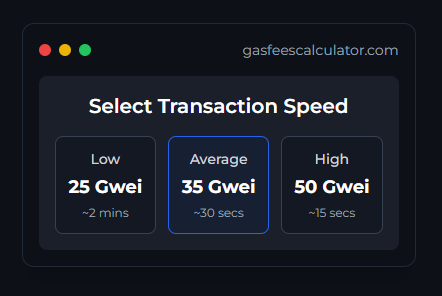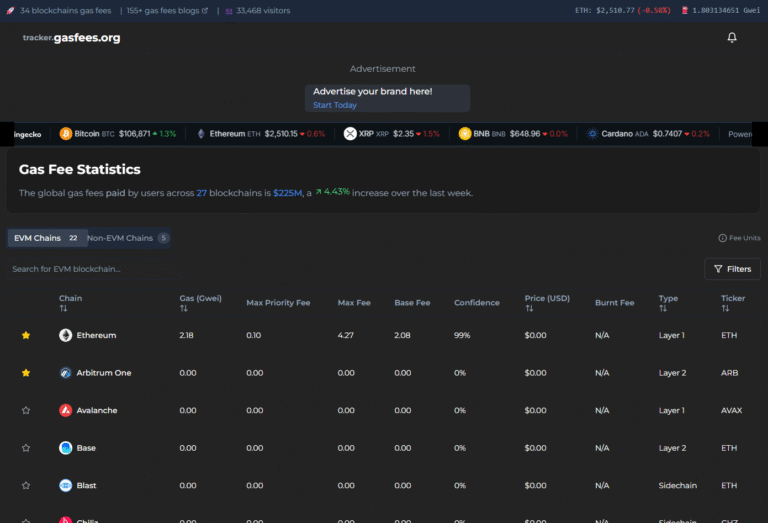What Are Wanchain Gas Fees?
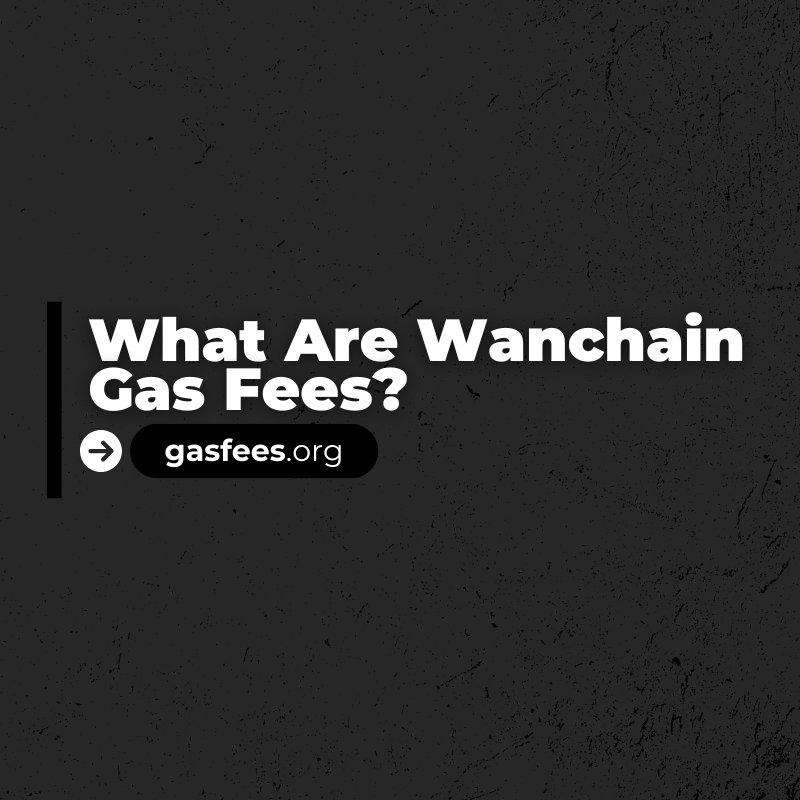
Wanchain gas fees are the costs associated with executing transactions or smart contracts on the Wanchain blockchain, which focuses on cross-chain interoperability. These fees, paid in WAN tokens, ensure secure and efficient transfers of assets across different blockchain networks. Understanding Wanchain gas fees helps users optimize their transactions when moving assets between multiple chains in the decentralized ecosystem.
What Are ThunderCore Gas Fees?
What Are ThunderCore Gas Fees? Written By: Mr. GasMan Key Takeaways from the ThunderCore Gas Fees Blog: 1. ThunderCore Gas Explained: Think of gas fees as the “toll” for blockchain actions, paid in the native token TT. Two crucial variables: Gas Price (your speed tip) and Gas Used (complexity of action). Gas prices dynamically adjust based on […]
What Are Optimistic Rollups Gas Fees?
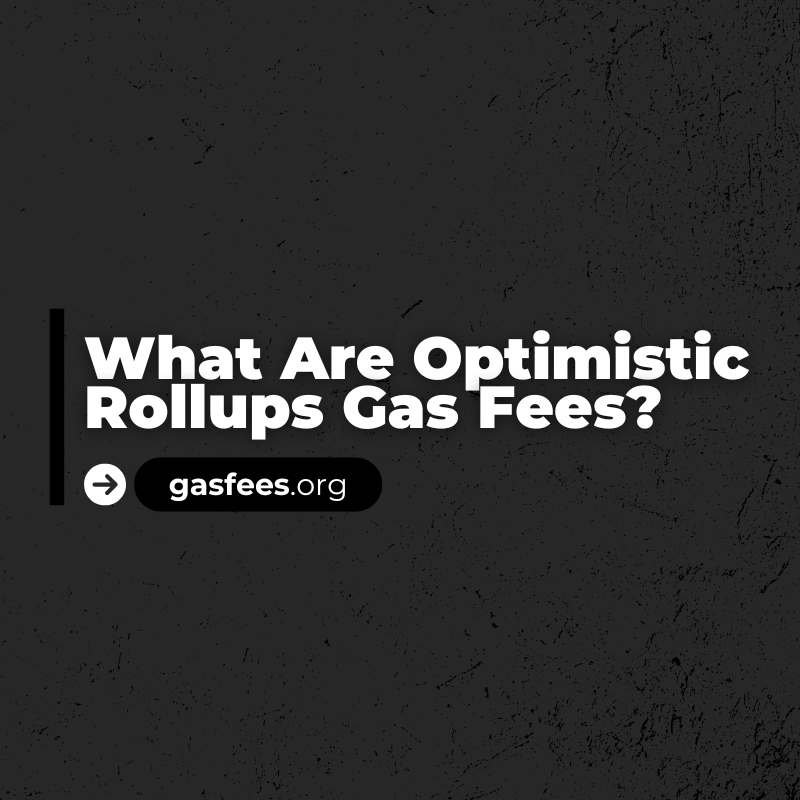
Optimistic Rollups gas fees are the transaction costs associated with executing operations on Layer 2 solutions that scale Ethereum by batching multiple transactions into a single one on the Ethereum mainnet. These fees are significantly lower than mainnet fees, as computation is handled off-chain while security is maintained on-chain. Understanding Optimistic Rollups gas fees is essential for users looking to save costs when interacting with decentralized applications (dApps) and smart contracts.
What Are CELO Gas Fees?

CELO gas fees are the transaction costs associated with executing operations on the Celo blockchain, which focuses on providing decentralized financial services to mobile users. These fees, paid in CELO tokens, help maintain network security and ensure efficient transactions. Understanding CELO gas fees is crucial for optimizing costs when sending payments, interacting with smart contracts, or using decentralized applications on the Celo network.
What Are Aurora Gas Fees?
Aurora is a layer-2 scaling solution built on the NEAR Protocol, designed to enhance Ethereum compatibility while offering faster transactions and lower costs. Gas fees on Aurora are the costs incurred for processing transactions or executing smart contracts on its blockchain. These fees are paid in ETH, as Aurora operates as an Ethereum Virtual Machine (EVM)-compatible layer, but they are significantly lower than Ethereum mainnet fees due to Aurora’s integration with NEAR’s scalable infrastructure.
The gas fee structure in Aurora is dynamic, based on the computational resources required for a transaction and network congestion. For instance, simple transfers may cost a fraction of a cent, while complex DeFi interactions could be slightly higher but still cost-effective compared to Ethereum. Aurora’s design allows developers to customize gas fee payments, enabling features like gasless transactions for users (where developers cover fees) or paying fees with custom tokens instead of ETH.
To optimize costs, users can leverage Aurora’s high throughput and low-latency network, which minimizes fee spikes during peak usage. Tools like Aurora’s block explorers or wallet integrations provide real-time fee estimates, helping users make informed decisions. By combining Ethereum’s developer-friendly ecosystem with NEAR’s efficiency, Aurora’s gas fees offer a compelling balance of affordability and performance for DeFi, gaming, and NFT applications.
What Are Optimism Gas Fees?
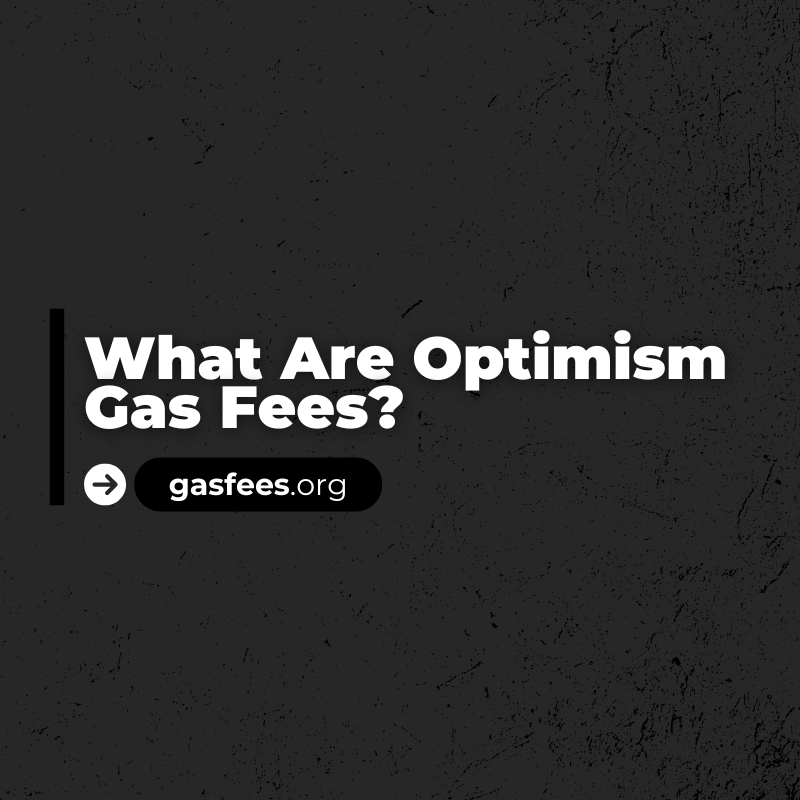
Optimism gas fees are the transaction costs associated with executing operations on the Optimism Layer 2 network, which aims to scale Ethereum by reducing congestion and lowering fees. These fees, paid in ETH, are typically much lower than those on the Ethereum mainnet, enabling faster and more cost-effective transactions. Understanding Optimism gas fees can help users optimize their costs when interacting with decentralized applications (dApps) on this layer-2 network.
